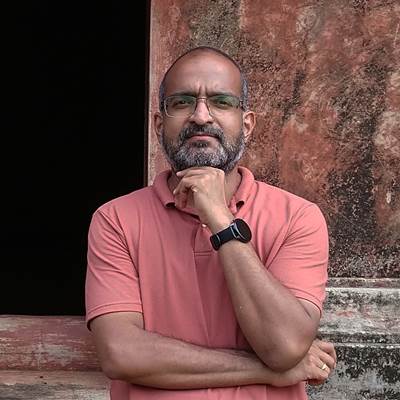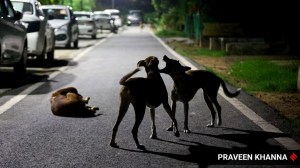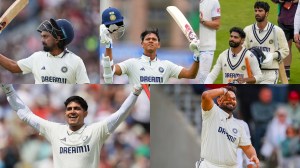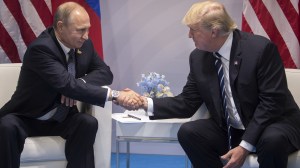Former chief of the Army Staff General (Retd) Manoj Mukund Naravane Sunday highlighted the trauma in people who are subjected to intense combat and combat conditions just days after India and Pakistan ended military actions.
While addressing a gathering on the diamond jubilee celebration of The Institute of Cost Accountants of India (Pune Chapter) in the city, Gen Naravane said, “When a war actually breaks out, there is death and destruction. It has its own costs, the cost of rebuilding but also the cost of the equipment that is lost”.

“War and warfare are an expensive business. If we have long, drawn-out conflict stretching into weeks and months, then imagine what each loss would mean in the immediate terms. And what each of these losses cumulatively added up to would mean when you have to recoup that at the end of the war.”
Story continues below this ad
Gen Naravane added that several people have been asking whether the cessation of military hostilities is good or bad. “If you put your mind to the facts and figures, you will realise that it is for the wiser person to take that call before the losses start becoming too large or insurmountable. I think we proved it to Pakistan with these strikes we carried out, not only on their terrorist infrastructure but also on their airfields deep within their territory, that the cost that they would have to bear would be too much. That is what forced their hand and ultimately resulted in their DGMO calling up our DGMO to discuss whether such a cessation is possible.”
The chief of the Army Staff between December 2019 and April 2022 pointed out that there is a “social aspect to this”.
“The lives that are lost. The children who lose their parents. Children who themselves are killed in indiscriminate shelling in the border areas. Nobody really takes that into account. The displacement of the population that happens. It leads to trauma among adults and children. There is trauma among the children in the border areas, who have seen the shelling, who have run for shelter every night, and those who have lost their loved ones. That trauma carries on for generations. There is Post Traumatic Stress Disorder, PTSD. People subjected to intense combat and combat conditions, witnessed gruesome acts, wake even 20 years later bathed in sweat and need psychiatric care.”
He concluded the speech by saying, “So, ladies and gentlemen, war is not romantic. It is not a Bollywood movie. It is very serious business, and war or violence should be the last thing that we should resort to. That is why our Prime Minister had said that this is not an era of war, although wars will be forced upon us by unwise people, but war should not be what you cheer for. Again, people are asking why we did not go for all-out war. But as a military man, if ordered, I will go to war, but that will not be my first choice. My first choice will always be diplomacy. How to settle differences through dialogue and not let it reach the stage of armed conflict”.
Story continues below this ad
“So, I would leave you with that thought. First, we are all equal stakeholders in national security. Secondly, we should try to resolve all our differences through dialogue, not only between countries but even the differences that we have amongst ourselves, whether it is within the family, between states, between regions, between communities. Violence is not the answer, and take it from someone who has seen a lot of it.”
Two weeks after terrorists killed 26 people in Jammu and Kashmir’s Pahalgam, India had launched strikes on nine “terror sites” in Pakistan under Operation Sindoor on May 7. After days of heavy artillery fire and shelling, a ceasefire between the two countries was announced last Saturday; however, just hours after that, explosions were heard in Srinagar and border areas of Punjab and Rajasthan.
On Monday, the Indian Army said a night of calm was observed in Jammu and Kashmir and other areas along the international border with Pakistan after days of hostilities.









